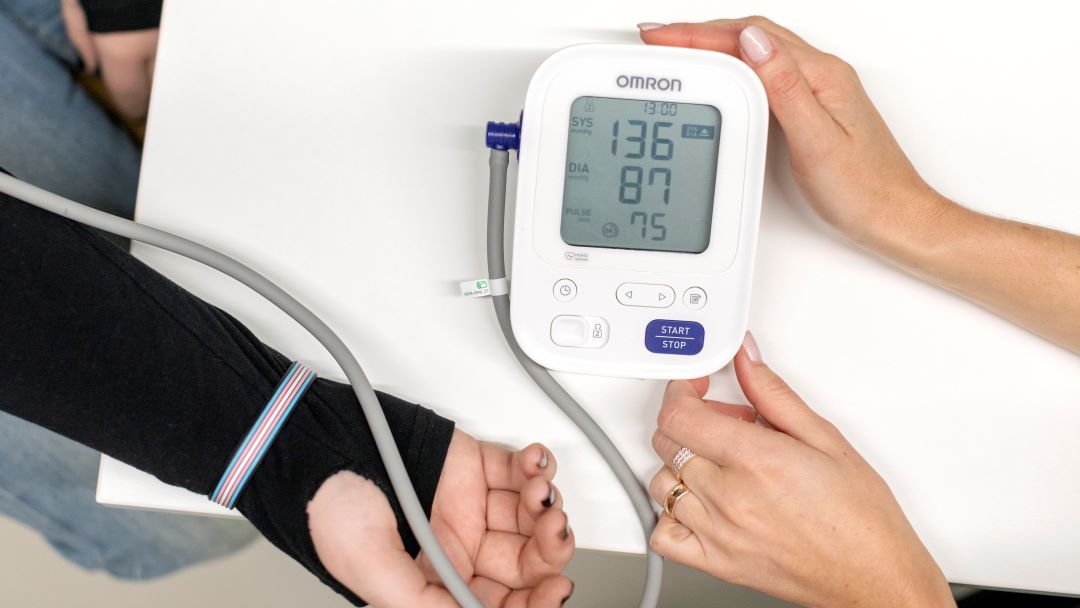Government proposes seven-day cap on waiting times for access to primary healthcare

The Government has submitted a proposal to Parliament on reducing the maximum waiting times for access to care. The proposal would shorten the maximum waiting times for access to primary healthcare under the Health Care Act. The maximum waiting time guarantee would apply to both physical and mental health problems.
In respect of outpatient care in primary healthcare, the maximum waiting times for access to non-urgent examinations or care would be shortened from three months to seven days. The waiting time would be calculated from the date on which the need for care is assessed. The maximum waiting time for access to oral healthcare would be shortened from six months to three months.
In outpatient care, the maximum waiting times would apply to care in cases involving an illness, an injury, an exacerbation of a long-term illness, new symptoms or a deterioration of capacity for work.
Need for care to be assessed more rapidly than before
Instead of the current three days, the need for care should be assessed more rapidly, in other words when the patient contacts the healthcare unit or on the same day at the latest . A licensed healthcare professional would carry out the assessment. In oral healthcare, the assessment could also be carried out by a healthcare professional with a protected occupational title.
If wellbeing services counties could not provide the services themselves, they should acquire the services from other service providers. As part of assessing the need for care, it would also be necessary to assess whether wellbeing services counties could provide the services themselves within the given time limit.
The Health Care Act would also contain provisions on cases where, based on the assessment, a patient has first been referred to a healthcare professional other than a doctor or dentist. If, during the first appointment, it becomes clear that the patient needs to see a doctor or dentist, access to a doctor must be arranged within the next seven days, and access to a dentist within the next four weeks or alternatively within three months of the assessment of the need for care.
Three-month waiting time would still apply to some of the services
The seven-day cap on waiting times for access to care would not apply to health counselling, health checks and care given in accordance with the care or rehabilitation plan, for example. However, they should be arranged within a reasonable period of time, taking into account the patient’s need for services, but in any case within three months or in accordance with the care plan.
The three-month cap on waiting times for access to care would not apply to screening, certain periodic medical examinations and some vaccinations, because separate provisions are issued on the provision of these services.
It is proposed that no changes be made to the maximum waiting times for access to specialised healthcare.
Maximum waiting times to be shortened gradually
The maximum waiting times for access to care would be shortened gradually. During the transition period of 1 September 2023 to 31 October 2024, access to outpatient care in primary healthcare should be arranged within 14 days and access to oral healthcare within four months of the assessment of the need for care.
The seven-day maximum waiting time for access to outpatient care in primary healthcare and the three-month maximum waiting time for access to oral healthcare would enter into force on 1 November 2024.
This would make it possible for service organisers to start applying the shortened waiting times in a more controlled manner, and the change would not be so big all at once.
In future, wellbeing services counties should publish information on access to primary healthcare every calendar month. Information on access to care would be produced by the Finnish Institute for Health and Welfare, which would make the information comparable between various service organisers.
The regulatory framework concerning the maximum waiting times would also apply to student healthcare services for higher education students and prison healthcare services.
Inquiries:
Tapani Hämäläinen, Senior Ministerial Adviser, Medical Affairs
Merja-Liisa Auero, Senior Ministerial Adviser, Medical Affairs (oral healthcare)
Merituuli Mähkä, Senior Ministerial Adviser
[email protected]